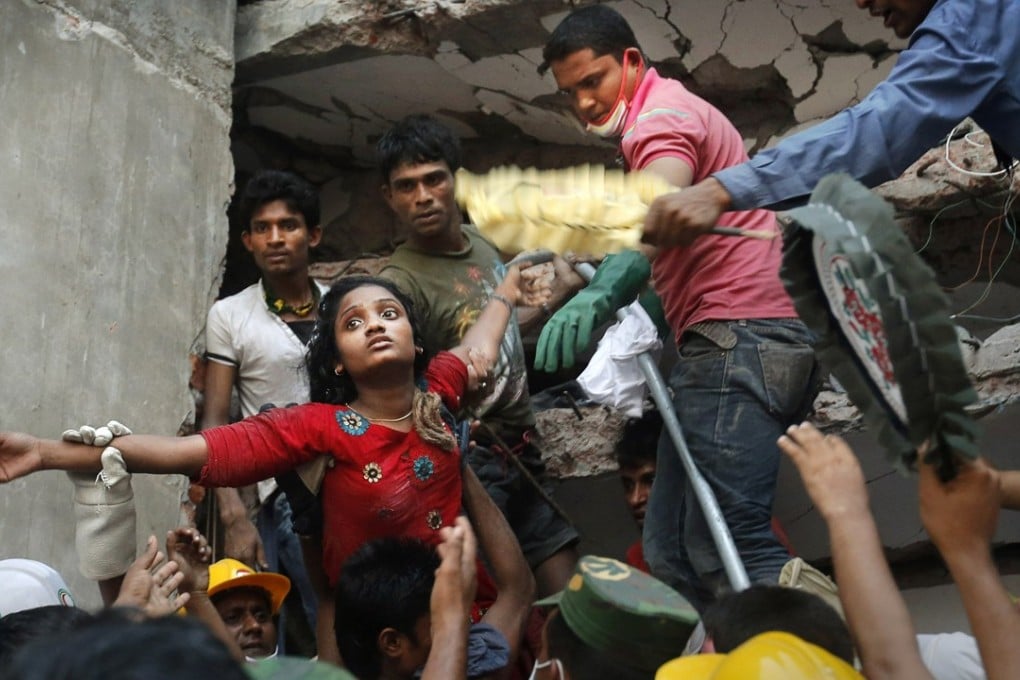Opinion | How brands can outsource production without costing lives

In 2010 a spate of suicides at factories in southern China owned by Foxconn, a contract manufacturer for some of the world’s leading electronics brands, highlighted poor conditions faced by its assembly workers. Foxconn promised to improve working conditions, but reports of further suicides or attempted suicides have continued to dog the company.
Three years later, more than 1,000 Bangladeshi workers were crushed to death when the Rana Plaza just outside Dhaka collapsed. The building was not designed to carry the weight and vibration of production machinery, yet had housed dozens of illegal factories producing clothes for a range of international brands.
The financial savings incentive for suppliers to hire child workers, impose excessive overtime, use unsafe factories, or procure raw material from unsustainable sources increases with the scale of production
In Southeast Asia, for several years owners of palm oil plantations have been blamed for burning large swathes of forest, causing periodic bouts of toxic haze to blanket the region. Palm oil is a key ingredient in soaps, detergents and a wide range of processed food and other products.
These examples share three points in common: outsourcing to low-cost suppliers; behaviour by suppliers that is frequently illegal or at best irresponsible; and finally, despite efforts at reform, the illegal or irresponsible behaviour has continued.
How can brands do better?
Following the Rana Plaza disaster, big name Western retailers and clothing manufacturers agreed to improve worker safety. But while steps have been taken, some Bangladeshi garment workers still complain of insecurity in the workplace.
